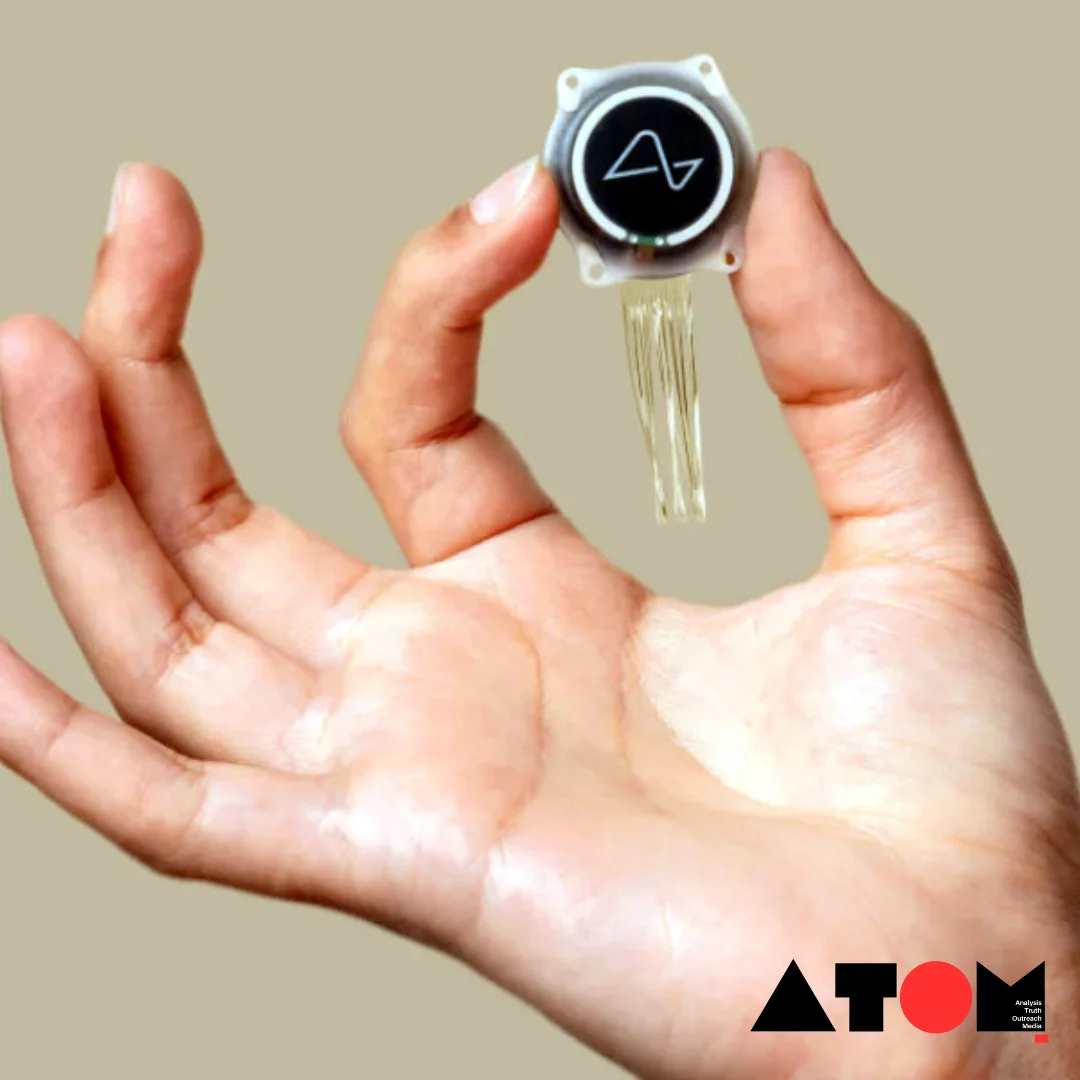Mechanical Issues and Software Fixes
Neuralink, Elon Musk’s brain technology firm, hit a major stumbling block on its path to establishing brain-computer interfaces. The company’s first human implant, given to patient Noland Arbaugh, developed mechanical difficulties after surgery, necessitating a series of software patches to correct the problem. This revelation has significance not only for Neuralink’s future studies, but also for the FDA approval process and the larger brain-implant community.
Improvement in Device Performance
Despite the setback, Neuralink’s software modifications had favorable results, significantly improving the device’s performance. The company reported a significant and persistent improvement in Noland’s initial performance, demonstrating the success of the applied changes. However, the occurrence has spurred debate in the brain-implant community over the unique architecture of Neuralink’s technology and its ramifications for future trials and applications.
Focus on Enhancing Brain-Computer Interface
In the aftermath of the malfunction, Neuralink is focusing its efforts on improving text entry and cursor control for its brain-computer interface. The company’s long-term aim involves using neural interfaces to give users control over physical items like robotic arms and wheelchairs. Despite the setback, Neuralink remains committed to expanding neurotechnology and investigating new opportunities for application and innovation.
Unique Design Challenges and Expert Insights
Experts in the field have identified potential issues with Neuralink’s design method, in which electrode-studded threads connect to a device located within the skull bone rather than on the surface of the brain tissue. This novel design, while inventive, may cause stability concerns, especially in response to modest head movements. Neurosurgeons like as Eric Leuthardt have stressed the importance of fluid mobility within the brain, expressing worries about the displacement induced by the Neuralink design.
Implications for FDA Approval and Future Trials
The timing of the issue could have an impact on Neuralink’s intentions for expanded human trials and ultimate FDA approval. Delays in obtaining regulatory approval may affect the company’s timeframe for expanding operations and offering its technologies to a larger audience. Despite these obstacles, Neuralink continues steadfast in its quest to transform neurotechnology and unleash the promise of brain-computer interfaces.
Neuralink’s latest setback highlights the difficulty of producing cutting-edge neurotechnology. While the occurrence has implications for the company’s immediate plans and the regulatory approval process, it also serves as a reminder of the inherent dangers and uncertainties that come with pioneering innovative innovations. As Neuralink navigates these hurdles, its dedication to expanding neurotechnology remains constant, indicating hope for a future in which brain-computer interfaces open up new opportunities for human development and exploration.
Read more: Marketing News, Advertising News, PR and Finance News, Digital News





